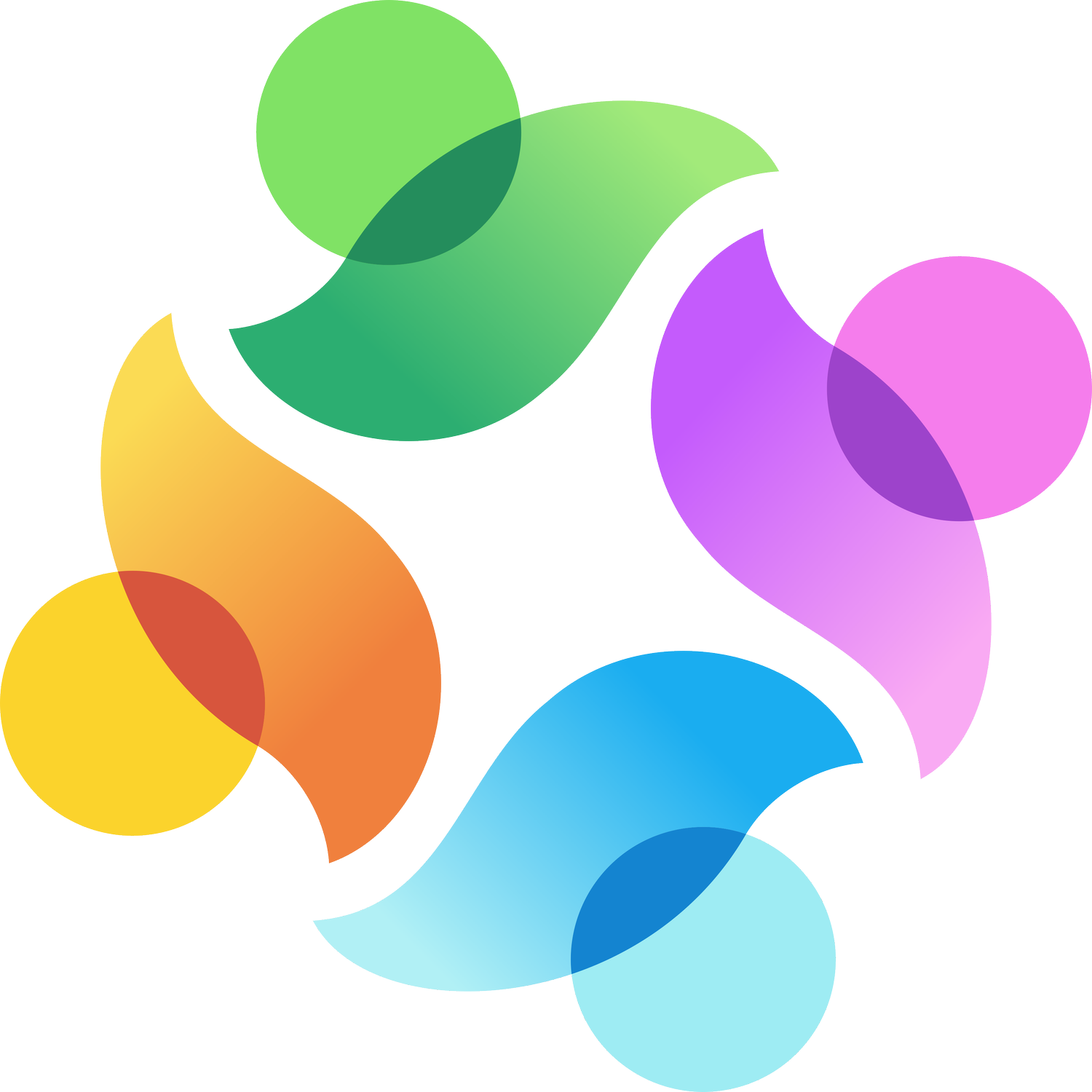I’m Not Independent, but Neither Are You
By: Kimberley Chiasson
Growing up disabled, I always thought the end goal was to be as self-sufficient as possible. A lot of my childhood was centered around skill-building, trying to make sure I was getting the most I could from my abilities. I vividly remember the rush middle school me would get from fashioning makeshift adaptive tech from household items. It would take hours sometimes, to find anything reachable to inch a cup closer or fish the TV remote off our recliner. While my parents got a kick out of my stubborn resourcefulness, it was - with all due respect to my childhood self - a little pathetic.
Why?
Well, at 21, I now realize that while there was value in my insistence to do things for myself, asking for the help I need isn’t the burden I thought it was. Taking that simple step would’ve been easier on all of us - I would’ve gotten what I needed much faster, and my parents could’ve avoided the occasionally questionable cleanup.
Because we live in a non-disabled society, we are often taught to worship the idea of a person who can do it all: the enragingly organized, under control, and independent force of nature, equipped to pull themselves out of anything.
Here’s the secret - that person doesn’t exist. In fact, independence itself doesn’t exist. It might sound like a conspiracy theory, but think about it. Even in the best of times, everyone relies on dozens of people a day.
Whether it be routine regulars like the overly talkative Uber driver that gets you to your 9-to-5, the friendly barista that remembers your overpriced order, or the more obvious responsibilities of your doctor and dentist, life as you know it depends on others.
Interdependence is survival. It makes us human, and it’s here to stay.
Though it manifests a little more physically and requires a few more logistics when disability is added to the equation, care is just another basic aspect of support people must seek out every day. Playing the role of an attendant simply means you’re stepping in to fulfill something for someone else.
Frankly, I love that my life has a few more prevalent characters in it then the average person. I’ve made some great connections that a “healthy” version of myself would’ve missed out on, and I’m better because of them. My caregivers have shaped who I am - and I’m not only referencing the horror stories when I say that. Furthermore, being disabled means exposing yourself to a kind of vulnerability that doesn’t always come so easy, and I’ve learned to take pride in that advantage.
Disabled people bring our own skillset to the table. Like everyone else, we’re family members, partners, and employees. We’re not excused from the needs of others either, but it may just take a few extra hands to make sure we get to where we’re needed most.
That’s why I believe in Tendr. Together, we can create a world where getting our needs met is easy, where making a request for attendant care is simple and ordinary. Casual care environments normalize accessibility in game changing ways, demystifying what society has told us to keep hidden for so long.
It’s time to unlearn that caregiving itself is fundamentally a bummer.
A word of advice? Don’t be afraid of asking for help or offering it, because as it turns out, you already are.
We’re live in Ottawa! Join our beta here if you’re in the city. For those outside of Ottawa, join the waiting list here so we know where to expand next!
Header image (hands together) via Unsplash (Hannah Busing)
Originally from Sudbury, ON, Kimberley Chiasson is a senior Journalism student at Carleton University, where she’s relied on the university’s Attendant Services Program to meet her daily needs. Most of her reporting is geared toward amplifying marginalized communities, committed to creating a more inclusive world. As a twenty-one-year-old full-time power chair user with Cerebral Palsy, she’s been dependent on care her entire life and wants to see that fact become less shocking in society.
In her spare time, Kimberley devotes herself to disability advocacy, hoping to standardize caregiving within post-secondary settings.
She can often be found fighting writer’s block or driving way too close to the edge of Ottawa’s sidewalks.


